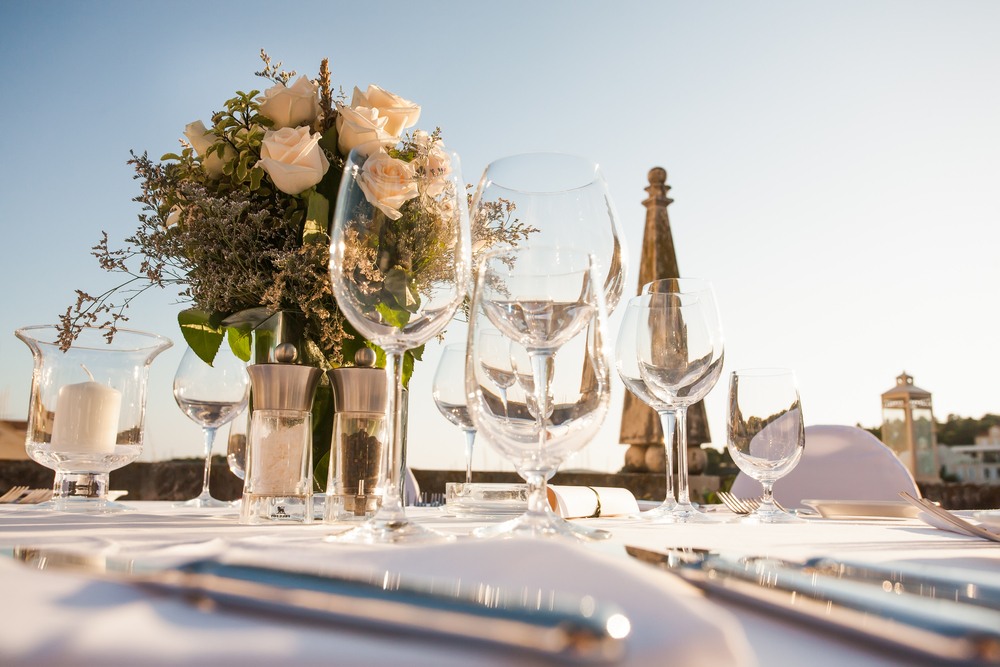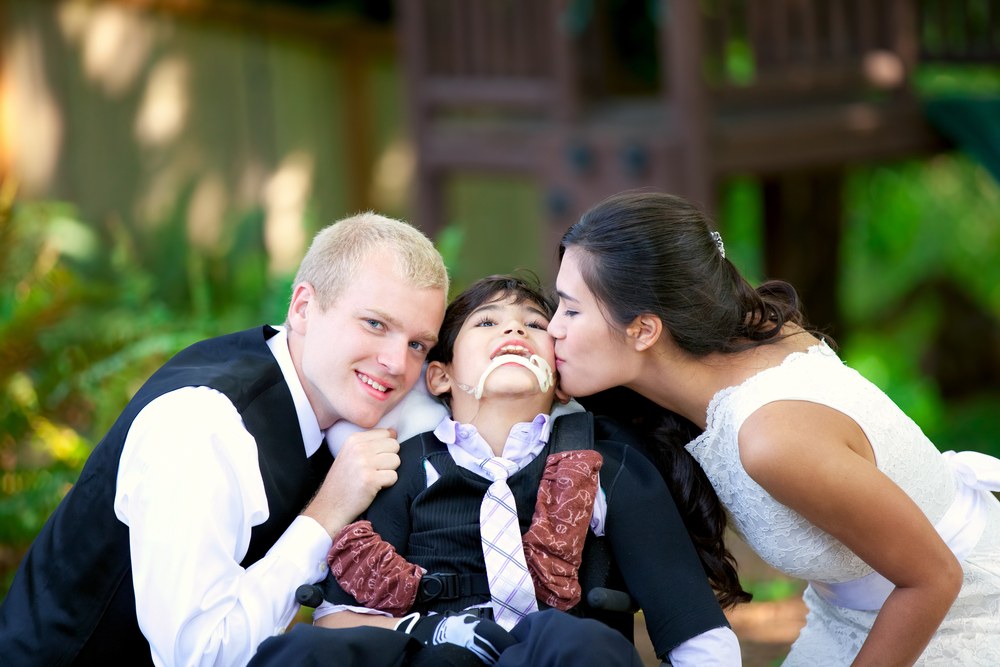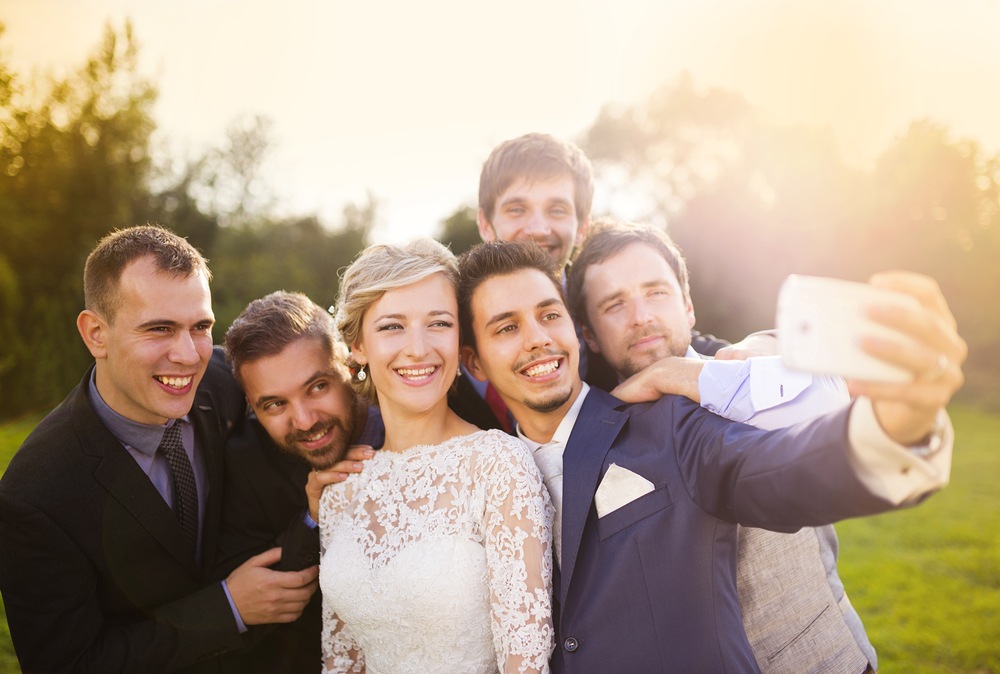If you’re reading this, you have an exceptionally compassionate heart. You’re at the height of planning a wedding – finding the perfect ring sets, balancing the budget with the guest list, booking a venue, scheduling catering, and figuring out who is going to be your maid of honor. It’s very stressful.
Yet in the middle of the crazy wedding planning stress, you’re taking extra time to consider how to make your wedding a great experience for all of your guests, including those with special needs.
We’ve compiled a list of things you can do to make those with special needs feel welcome and comfortable during the entire wedding experience.
Even if you are only able to incorporate a few of these items into your wedding, your special-needs guests will feel especially honored and cared for because you took the trouble to think of them. Let’s look at some of the areas that can be considered.
Facility
- Reserve seating near the back for the elderly and for those with special needs, especially if the walkway to the front area is sloped.
- Before booking an outdoor venue, check to make sure areas are paved. It can be difficult to push a wheelchair or a walker over grass or gravel.
- Instruct ushers to direct anyone in a wheelchair to a predetermined accessible area personally.
- Ideally, restrooms will be close by and there will be at least one handicap-accessible stall.
- Count the available handicap parking spots near the entrance. If it seems like there are too few, set up signs to reserve more.
- While you can’t always control the temperature (especially at an outdoor wedding) try to use a facility that has adequate heating and cooling if possible. People with autism can be extremely sensitive to temperatures, as well as people with multiple sclerosis, and many other diseases.
- Sometimes, people with mental illness can become agitated, and their caregivers may need to take them away from the noise of the reception. If possible, reserve a quiet room where the person can calm down.
- Ideally, there would be few sloped surfaces and no need to travel down steep hills.
Guest arrival
As guests arrive, it is the job of the ushers to be conscious of any possible needs the guests may have.
- Keep the doors to the facility open, or instruct an usher to remain by the door before the ceremony to open it for approaching guests.
- If an usher sees an elderly guest standing behind a long line of people waiting to sign the guest book, he should escort them to the front of the line.
- If a person with difficulty walking comes bearing a heavy gift, the usher should offer to deliver it to the gift table for them.
- Ushers should invite anyone with special needs to sit near the back and should offer to escort them to find an appropriate seat.
Reception
Be aware. The main thing you must remember when you want to help someone with special needs is this: not everyone will accept the help, but they will appreciate the offer. Instruct your ushers to be aware of the people around them, ready to jump in if it seems someone could use a hand. For example, they can:
- Help someone with special needs find a place to sit.
- Escort those with special needs (and their caregivers) to the front of any lines for greeting the bride and groom or getting food.
- Be aware of any special-needs person sitting while everyone else is getting food, and offer to bring him/her a plate of food or a drink.

Food
- If you are serving sweets at your reception, try to offer a labeled sugar-free option for diabetics and those avoiding sugar.
- If you are serving bread, crackers, or cake, try to offer a gluten-free option for those with gluten sensitivities or celiac disease.
- It’s always a good idea to avoid nuts in the foods you offer at your reception to avoid cross-contamination. Peanuts and tree nuts can cause anaphylaxis in those with allergies, and 1 in 100 people are allergic to them.
If you can incorporate even a few of these practices, your special-needs guests and their caregivers will feel acknowledged and honored. They will leave the wedding with fond memories of the experience, and they will always be grateful to you for the extra care you took to accommodate them.





